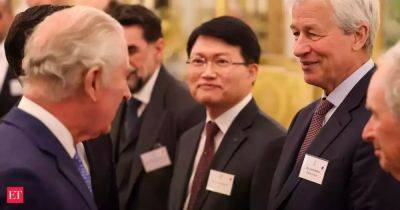Brics for India: A trade springboard, not an anti-West wall
Subscribe to enjoy similar stories. The recent Brics summit in Kazan, Russia, has generated its usual share of criticism and praise. Reactions have ranged from disapproval of such a disparate grouping of nations based on the whimsy of a banker to the outright condemnation that such a diverse bunch should harbour any delusions of meaningful utility.
These views may not be entirely without merit: the summit’s official communique traverses familiar ground, a boilerplate text covering all the important issues of the day, but also implicitly enunciating its anti-West bias and a desire to reduce the dominance of the US dollar in international trade and payment systems. In the midst of all the censure, especially after Brics was expanded to include new members, founding member India has the delicate task of balancing its growing economic stature with its chosen strategic autonomy. It is trying to achieve this by locating and consolidating its unique geopolitical position and following it up with the underwriting of domestic economic imperatives through trade and investment routes.
Much has been written about India’s geopolitical choices; it might be worthwhile to examine if Brics-plus holds any promise for India’s geo-economic aspirations. Iran is a new member that holds special value for Indian ambitions. Significantly, Prime Minister Narendra Modi made time for a bilateral with newly elected Iranian president Masoud Pezeshkian at Kazan.
Read more on livemint.com livemint.com
livemint.com





















